The following funding opportunities have been announced. Please follow the links for more information:
Arts and Humanities Research Council, GB
The AHRC invites applications for its Follow-on Funding for Impact and Engagement Scheme (FoF): Highlight Notice for AHRC’s Four Themes, which seeks to encourage innovative applications that explore new, unanticipated, pathways to impact which have emerged or evolved from research undertaken under AHRC’s four Themes: Science in Culture; Translating Cultures; Digital Transformations; and Care for the Future.
Maximum award: £100,000. Closing date: 4pm, 26/04/17.
Biotechnology and Biological Science Research Council, GB
The Biotechnology and Biological Sciences Research Council invites applications for the David Phillips fellowships, which provide support for researchers to establish their first independent research group. Applicants must show high potential and be able to demonstrate they are on an upward trajectory, with clear evidence of strong scientific outputs and leadership qualities required to establish their own fully independent programme of research. Awards are for five years, and include personal salary and a significant research support grant to enable fellows to establish their own independent research group. Please check call details for eligibility.
Maximum award: £1million. Closing date: 4pm, 11/05/17.
The Biotechnology and Biological Sciences Research Council invites applications for its Future Leader Fellowships, which will provide support for researchers wishing to undertake independent research and gain leadership skills. The Fellowship will support the transition of early stage researchers to fully independent research leaders.
Maximum award: £300,000. Closing date: 4PM, 11/05/17.
Medical Research Council, GB
The Department of Biotechnology DBT) in India, in collaboration with Department of International Development (DFID), the Economic and Social Research Council (ESRC) and the Medical Research Council (MRC), are pleased to announce a second joint call to fund global health research addressing the health needs of women and children globally. Research will impact the ability to prevent, diagnose and manage prevalent chronic and infectious diseases facing women and their unborn children in low- and middle-income settings. Research addressing these health issues will aim to have a positive effect on the life-course of the mother and her unborn children. Proposals should only address the following issues; Anaemia (including Iron, Folate and B12 deficiency related conditions); Sexually transmitted diseases; Gestational diabetes mellitus and; Hypertensive disorders. To support the development of these trilateral partnerships a £4000 travel grant will be available to successful applicants after the concept proposal stage in order to support the full proposal development process. Interested parties must submit a concept proposal by 4pm, 12/04/17.
Maximum award: Not specified. Closing date: Invited full proposals by 4pm 14/09/17.
Natural Environment Research Council, GB
NERC, the Engineering & Physical Sciences Research Council (EPSRC) and India’s Department of Science and Technology (DST) jointly invite proposals to a new three-year research programme to improve water quality. The programme aims to improve water quality by providing a better understanding of the sources and fate of different pollutants and by supporting the development of management strategies and technologies to reduce pollution levels. Proposals are sought for collaborative research projects involving researchers from both the UK and India. Interested parties must submit a notice of intent by 4pm, 30/03/17 to be eligible.
Maximum award: £450,000 (80% fEC) for UK component with equivalent in terms of research effort from DST for the Indian Component. Closing date: 4pm 26/04/17.
Royal Society, GB
The Royal Society offers Newton International Exchanges to international researchers with funding towards travel, subsistence and research expenses for either a one-off short visit to explore opportunities for building lasting networks, or for bilateral visits to strengthen emerging collaborations. Awards are currently available to researchers in Malaysia, Mexico, South Africa, Thailand and Turkey. Collaborations should focus on a single project with an overseas-based scientist (“the Applicant”) and UK-based scientist (“the Co-applicant”).
Maximum award: £12,000. Closing date: 15/03/17
If you are interested in submitting to any of the above calls you must contact RKEO with adequate notice before the deadline. Please note that some funding bodies specify a time for submission as well as a date. Please confirm this with your RKEO Funding Development Officer . You can set up your own personalised alerts on Research Professional. If you need help setting these up, just ask your Faculty’s Funding Development Officer in RKEO or view the blog post . If thinking of applying, why not add notification of your interest on Research Professional’s record of the bid so that BU colleagues can see your intention to bid and contact you to collaborate.
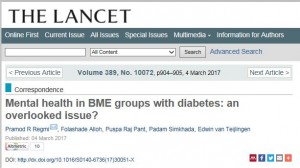
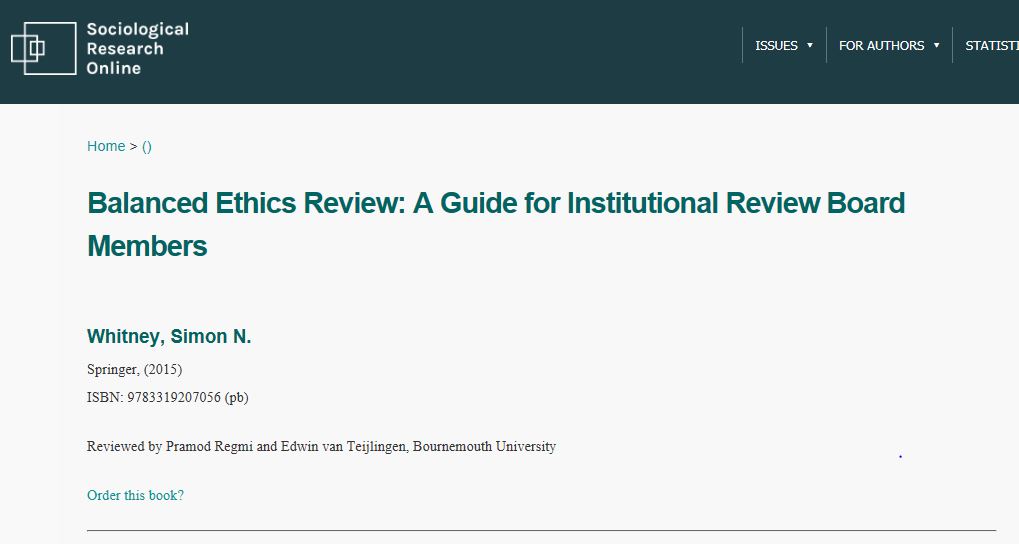
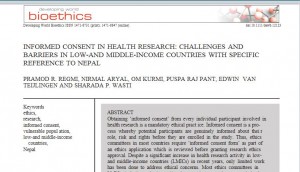
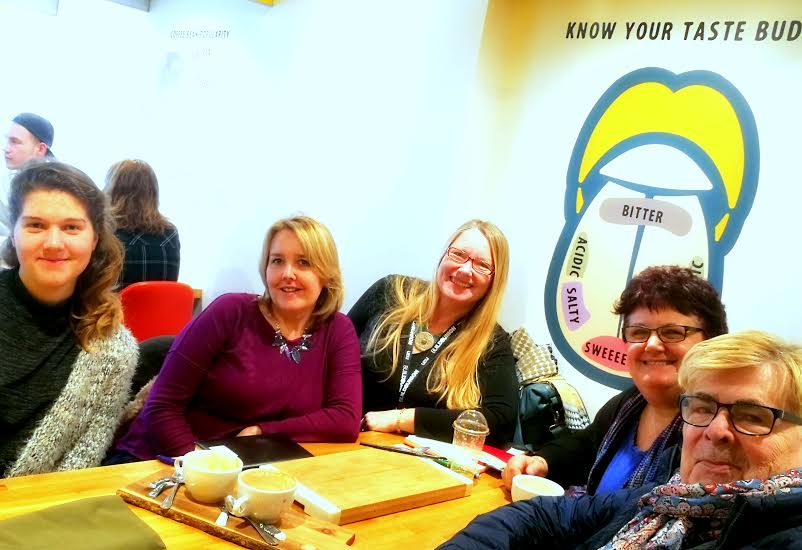



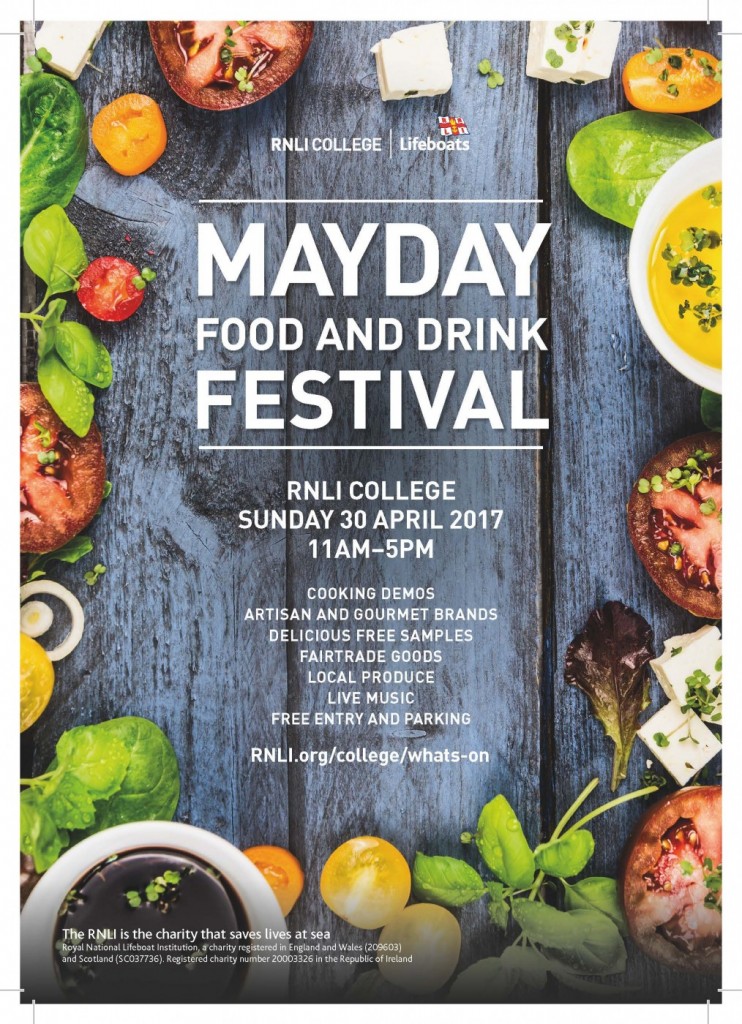
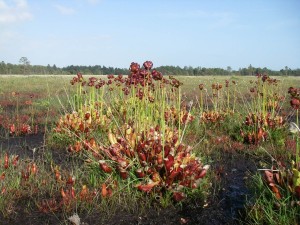
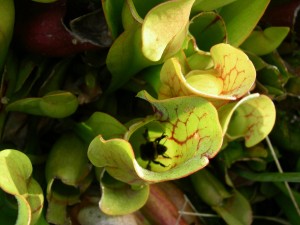
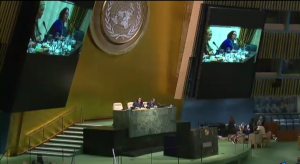 On 10 February, the Faculty of Media and Communication’s Dr Shelley Thompson gave an intervention to a
On 10 February, the Faculty of Media and Communication’s Dr Shelley Thompson gave an intervention to a 

 The call for proposals for this year British Science Festival is open till 9am Monday 27 March 2017.
The call for proposals for this year British Science Festival is open till 9am Monday 27 March 2017.

 Festival of Learning on-tour is taking BU’s research and expertise to some exciting locations this year so if you are interested in engaging with the public look no further!
Festival of Learning on-tour is taking BU’s research and expertise to some exciting locations this year so if you are interested in engaging with the public look no further!










 FHSS academics teaching in Nepal
FHSS academics teaching in Nepal New weight change BU paper
New weight change BU paper One week to go! | The 16th Annual Postgraduate Research Conference
One week to go! | The 16th Annual Postgraduate Research Conference Geography and Environmental Studies academics – would you like to get more involved in preparing our next REF submission?
Geography and Environmental Studies academics – would you like to get more involved in preparing our next REF submission? Congratulations to three former BU staff
Congratulations to three former BU staff MSCA Staff Exchanges 2024 Call – internal deadline
MSCA Staff Exchanges 2024 Call – internal deadline Applications are now open for 2025 ESRC Postdoctoral Fellowships!
Applications are now open for 2025 ESRC Postdoctoral Fellowships! Horizon Europe – ERC CoG and MSCA SE webinars
Horizon Europe – ERC CoG and MSCA SE webinars MaGMap: Mass Grave Mapping
MaGMap: Mass Grave Mapping ERC grants – series of webinars
ERC grants – series of webinars